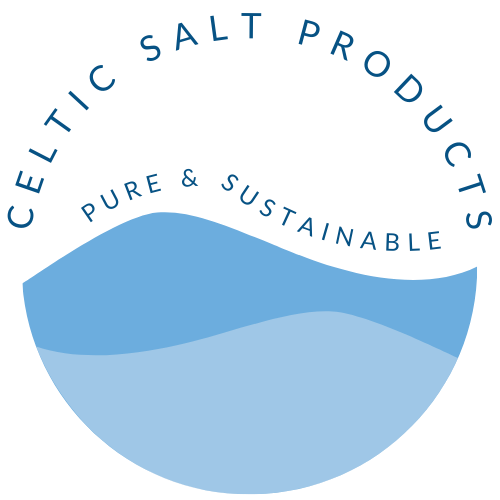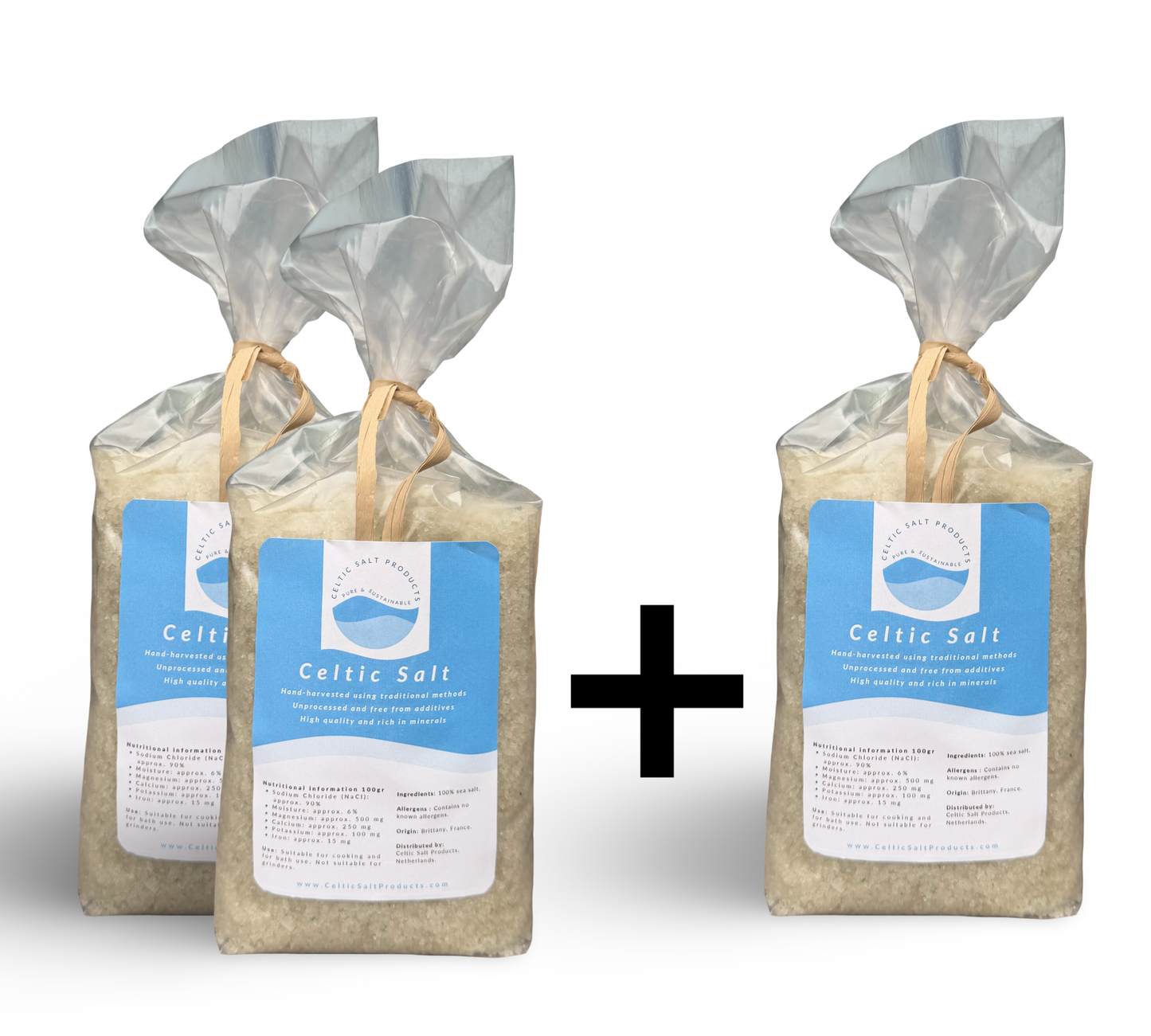Dive into the world of Celtic Sea Salt, exploring its unique benefits, harvesting methods, and culinary uses. Learn why this natural wonder is the choice of chefs and health-conscious individuals alike.
Celtic Sea Salt has long been revered not only for its basic culinary value but also for its enriching mineral content and exceptional flavor that enhances any dish. Sourced from the pristine coastal areas of France, this unrefined sea salt is a staple among gourmet kitchens and those seeking a healthier alternative to processed salts. In this detailed blog post, we will explore the numerous benefits, culinary applications, and the cultural significance of Celtic Sea Salt, making it clear why it stands out from other salts.
What is Celtic Sea Salt?
Celtic Sea Salt: A Primer on Its Origins and Production
Celtic Sea Salt is distinguished from other varieties of salt by its method of harvesting, which preserves a high mineral content and a complex flavor profile that can elevate cooking from good to gourmet. Unlike regular table salt, Celtic Sea Salt is moist to the touch and retains a greyish hue, indicating its minimal processing and high trace mineral content.
Historical Background of Celtic Sea Salt
Tracing its origins back to the ancient Celtic traditions, this salt has been harvested using the same methods for centuries. The salt farmers in the coastal regions of Brittany, France, use wooden rakes to skim the top layer of salt from clay ponds, a technique that ensures the mineral-rich top layer is preserved.
The Harvesting Process Explained
The production of Celtic Sea Salt is a testament to the sustainability and eco-consciousness of traditional methods. Harvested in the late spring and summer months when the sun is strongest, the sea water is channeled into shallow clay-lined ponds. As the water evaporates under the sun's warmth, salt crystals form and are gently gathered by hand.
Health Benefits of Celtic Sea Salt
Nutritional Advantages Over Table Salt
Celtic Sea Salt is favored not only for its unique taste but also for its health benefits. It contains lower sodium chloride levels compared to regular table salt, which is beneficial for maintaining healthy blood pressure levels. Additionally, it’s packed with electrolytes like magnesium, which aids in hydration and overall cellular health.
Supporting Hydration and Electrolyte Balance
Due to its balanced spectrum of trace minerals, including potassium, magnesium, and calcium, Celtic Sea Salt can help in maintaining optimal hydration and electrolyte balance in the body, making it a favorite among athletes and those involved in rigorous physical activities.
Enhancing Digestive Health
The trace minerals in Celtic Sea Salt play a crucial role in digestive health by helping to produce hydrochloric acid in the stomach, which is essential for breaking down foods and absorbing nutrients.
Culinary Uses of Celtic Sea Salt
Elevating Flavors in Cooking and Baking
Celtic Sea Salt is highly prized in culinary circles for its ability to enhance the flavors of the ingredients it's paired with. Its moisture and mineral content add depth to both savory and sweet dishes, making it a versatile ingredient in kitchens worldwide.
Perfect Pairings and Recipe Ideas
Whether sprinkled over fresh vegetables, roasted meats, or added to decadent desserts, Celtic Sea Salt can transform a simple dish into something extraordinary. Its flavor-enhancing properties make it an ideal finishing salt.
Tips for Cooking with Celtic Sea Salt
To fully utilize the flavor profile of Celtic Sea Salt, it should be added at the end of cooking to prevent the loss of essential minerals and moisture. Its coarse nature allows it to dissolve slowly, releasing bursts of flavor.
Cultural and Economic Impact
Celtic Sea Salt in Local Traditions and Global Markets
The production of Celtic Sea Salt has not only preserved ancient techniques but also supports local economies in Brittany. The salt is a source of pride and an economic staple for the communities involved in its harvesting.
Sustainable Practices and Community Support
By adhering to traditional harvesting methods, producers of Celtic Sea Salt help maintain the ecological balance of the regions and provide sustainable employment opportunities for local residents. This commitment to eco-friendly practices is reflected in the quality and reputation of the salt itself.
Conclusion
Celtic Sea Salt is more than just a seasoning; it's a healthful addition to any diet, a boost to the culinary experience, and a testament to sustainable, traditional practices. Its rich history and the continued dedication of its harvesters keep the tradition alive, offering a taste of ancient craftsmanship in every grain.




